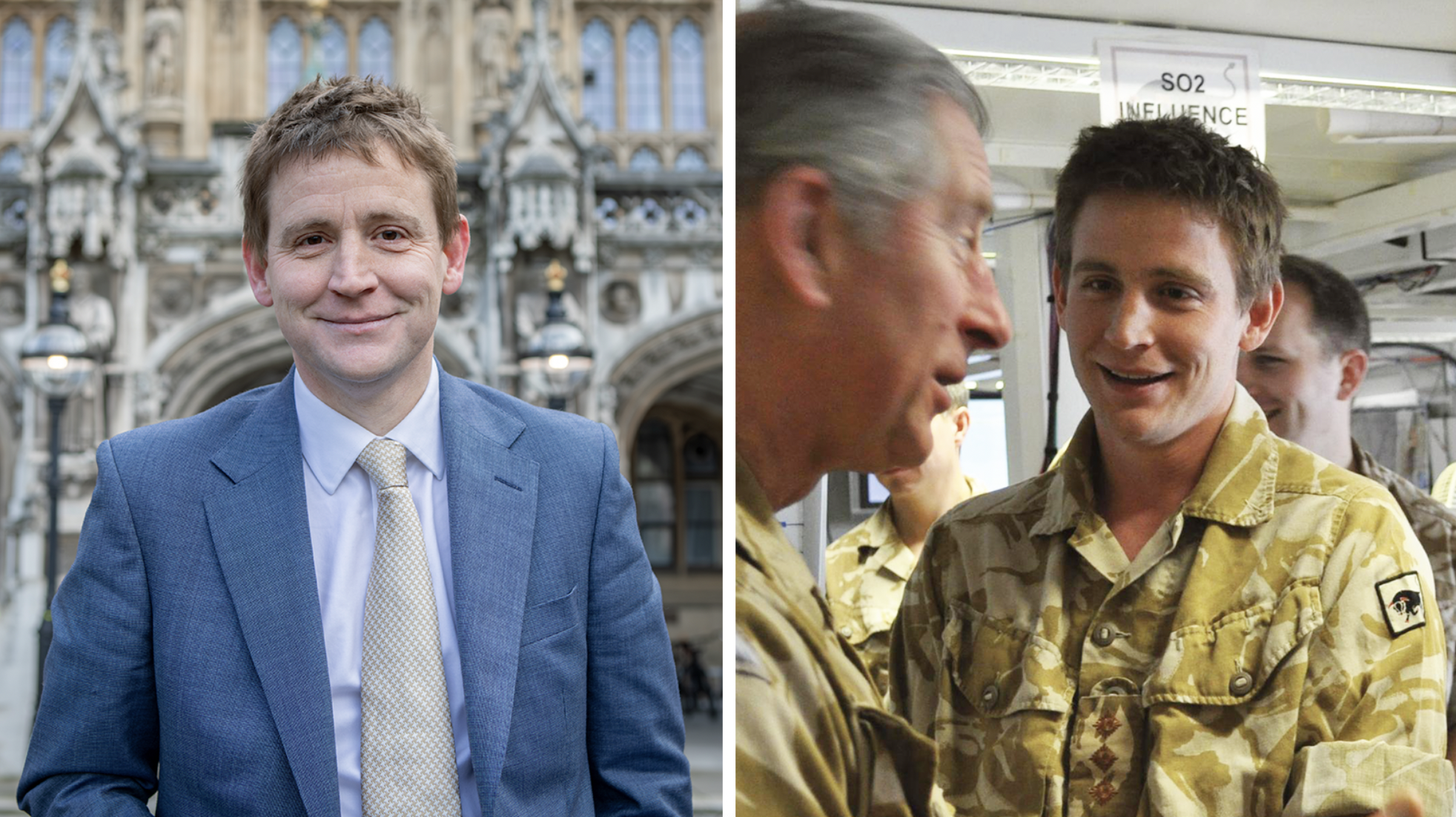“I’ve been sitting in private committee briefings with senior officials, and they say there’s a good chance we’ll be in a war before the next election. I think that’s right, that’s my view,” Mike Martin, the Liberal Democrat MP for Tunbridge Wells, elected to parliament in the 2024 election, tells me. “There’s certainly more than a 50% chance we’ll be involved in a war before 2030.”
Great. This is the prediction of a politician with more than a passing interest in military matters. Martin is a former British Army officer who served multiple tours of Afghanistan, picked up a PhD in war studies and has authored books including 2023’s How to Fight a War.
It’ll all be professional soldiers and drones though, you might think. A modern war for modern times. “Obviously if we got into a big war, we’d have conscription straight away,” says Martin. The Ukraine war has shown how, despite all the high-tech advances, modern wars still involve soldiers digging trenches like they did in the First World War. “Would we need to conscript? Yeah, we would. Because ultimately, we’re not at a stage yet where you can replace people with drones,” says Martin. “We’re a long way off from that. Drones are fine, as far as they go, but you still need people to occupy villages, hold ground, and all the rest of it. And that’s not going to change for quite some time.”
- Donald Trump, World War 3, climate crisis… Here’s how to process the news when it feels hopeless
- I wondered why Western media called the Yemen conflict an ‘invisible war’. Then I saw it for myself
- ‘A toy is not a luxury’: How games and toys are helping children in Gaza process ‘unimaginable’ trauma
The first non-Tory MP to hold the seat of Tunbridge Wells in Kent, Mike Martin has thrown himself into the heart of parliament’s wranglings over defence, sitting on the defence select committee and the joint committee on national security. Now he’s drinking a full-fat Coke at 5pm and explaining to Big Issue where the next war might come from, how the government will likely have to find an extra nearly £20bn for defence spending, and what the impacts of dodging hard calls on military matters could be.
With Labour’s administration hardly living up to the dreams of optimists, and the Lib Dems providing themselves a solid platform to build on, it’s not hard to imagine where a newcomer MP with a clear speciality could find themselves within an election or two.
Perhaps the defining domestic crisis of the past few years – soaring energy bills – has its roots in the Ukraine war. But as the government looks for areas to cut spending and save money, Martin believes defence spending is a neglected topic with an outsize influence at home.







